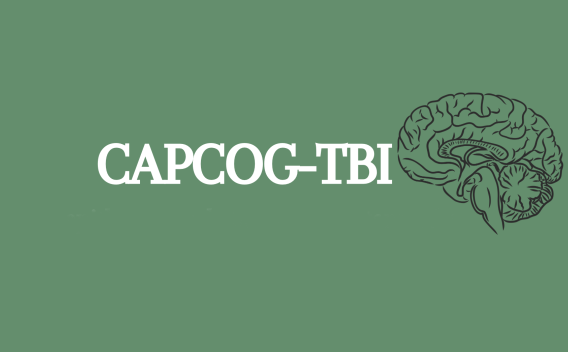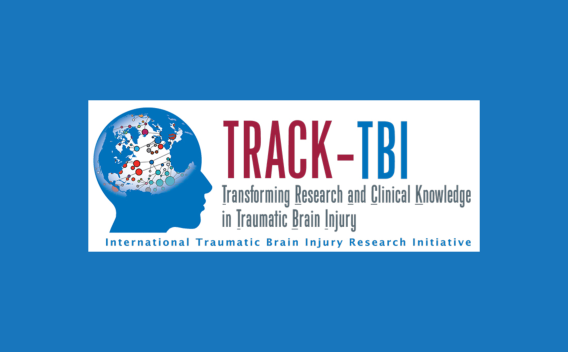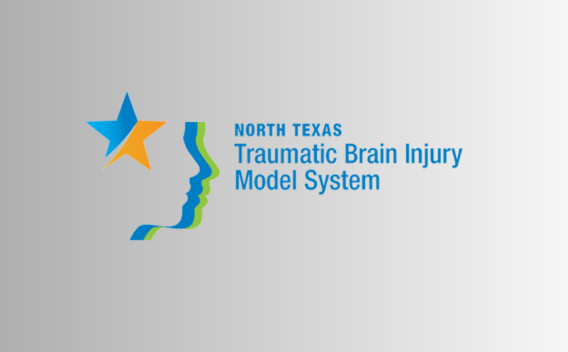Our research focuses on the impact of regular physical activity in patients with epilepsy and traumatic brain injury. Dr. Ding also actively collaborates with the Critical Care EEG Monitoring Research Consortium (CCEMRC) to improve our understanding of the clinical significance of long-term EEG monitoring in critically ill patients.
Cerebral Autoregulation, Brain Perfusion, and Neurocognitive outcomes after traumatic brain injury (CAPCOG-TBI)
Learn more
Transforming Research and Clinical Knowledge in Traumatic Brain Injury (TRACK-TBI)
The purpose of the study is to measure and examine the chemicals released in the brain and blood after a traumatic brain injury (TBI).
Learn More About Track-TBI
Brain Oxygen Optimization in Severe TBI Phase-3
This study is looking into the effectiveness of intracranial pressure (ICP) and brain tissue oxygen (PbtO2) on patients with Traumatic Brain Injury (TBI) in the intensive care unit (ICU).
Find out more about Brain Oxygen Optimization
North Texas Traumatic Brain Injury Model System (TBIMS)
This is a longitudinal study, that enrolls people with a moderate to severe TBI during their stay in the hospital rehabilitation unit. The participants are followed a year, two years, and every five years after their traumatic brain injury.
Get to know TBIMS
These studies are no longer recruiting
Using Personal Mobile Trainer to Promote Aerobic Exercise in Traumatic Brain Injury (TBI)
The purpose of this study was to refine a community-based personalized virtual aerobic exercise training program using the Personal Mobile Trainer (PMT) in middle to older adults with complicated mild to severe TBI.